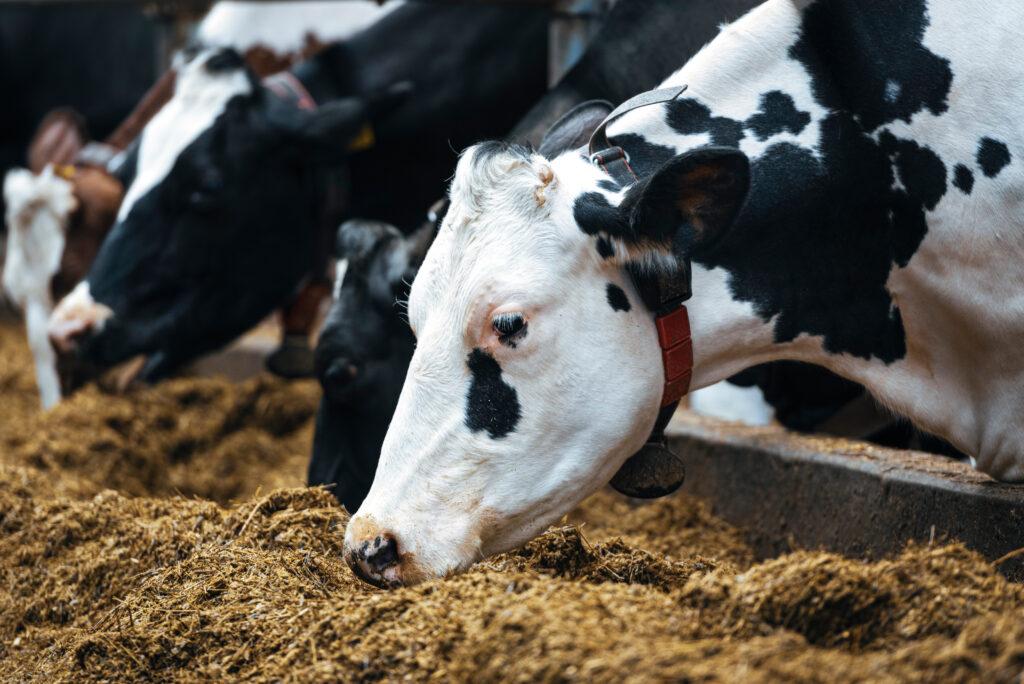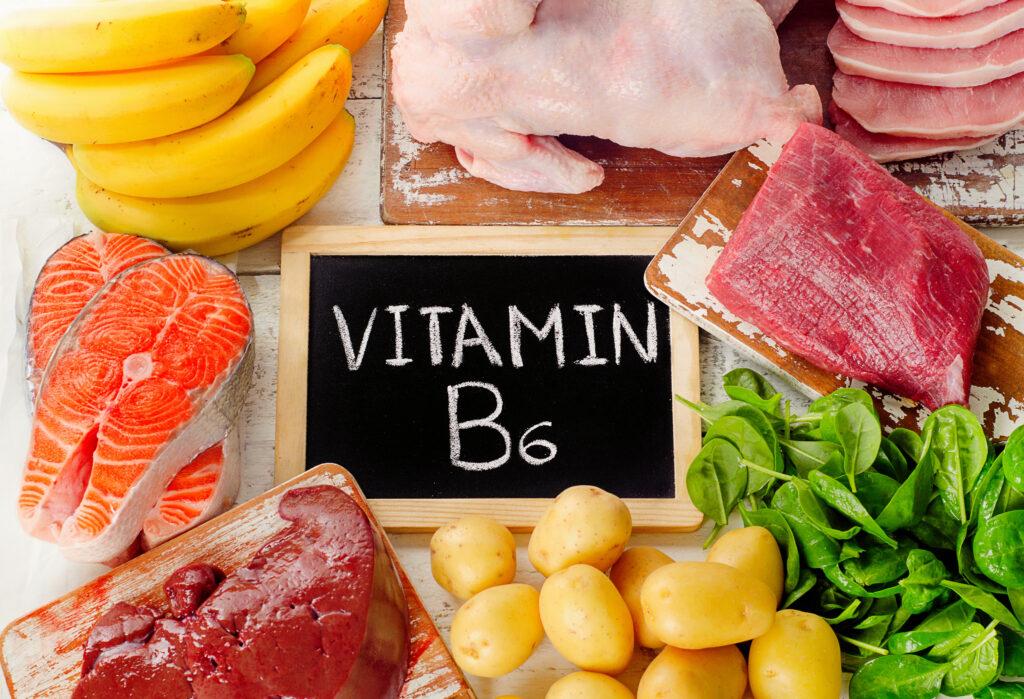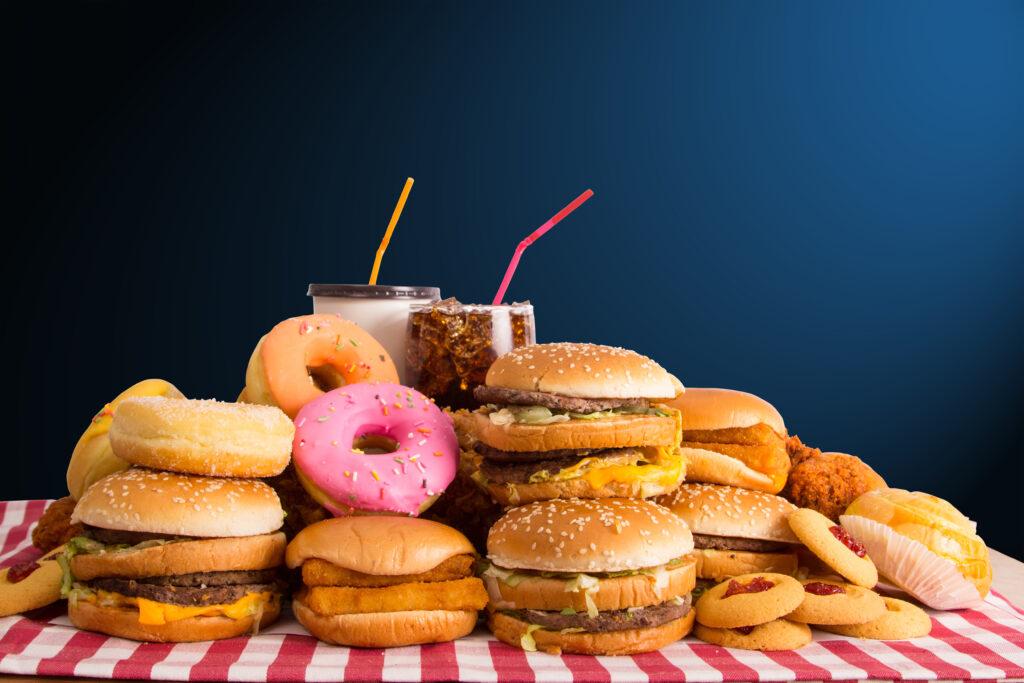Methods to reduce the methane emission of dairy cattle

Researchers and scientists are actively exploring various strategies to reduce methane emissions from dairy cattle, as methane is a potent greenhouse gas that contributes to climate change. Here are some of the methods and approaches they are investigating.
Studies on the safety of ZnO nanomaterials
Over the past few years, as research has progressed further, there has been a growing interest in the study of metal zinc oxide (ZnO) nanomaterials within the field of biology, specifically in biomedicine and food safety.
Bisphenol A
The European Food Safety Authority (EFSA) regularly reviews the safety of chemicals like BPA that can migrate into food and drinks from their containers.
Food contact materials

In the process of identifying emerging risks, we are constantly confronted with news stories that deal with food contact materials and their potential risks. Below is a summary of these news items.
Change of name
DFI will continue to operate unchanged but under a new name, as the Department of Digital Food Science.
The 42nd CCMAS meeting was a success
The 42nd session of the Codex Committee on Methods of Analysis and Sampling took place between 13 - 16 June 2023 in Budapest, Hungary. Several working papers were adopted at the meeting.
Sustainable packaging in the food chain

Recently, there have been a number of news items related to sustainable packaging. Here we shortly present some of them.
EFSA has reduced the upper safe limit of vitamin B6 and selenium

EFSA reduced the upper intake limit value (UL) of vitamin B6 from 25 mg to 12 mg per day and the UL for selenium from 300 µg to 255 µg per day. The finalization of the draft evaluation for vitamin B6, in relation to which a public consultation has already been concluded, is expected in the coming months.
Novel Rustrela virus behind the mystery of fatal ‘staggering disease’ of domestic cats

According to an article published in February 2023, the cause of the fatal "staggering disease" has probably been found. ‘Staggering disease’ is a neurological disease entity considered a threat to European domestic cats (Felis catus) for almost five decades. However, its aetiology has remained obscure.
Ultra-processed foods may increse cancer risk

New scientific evidences support that ultra-processed foods (UPFs) may increse cancer risk. Researcher found that a 10% increase in consumption of ultra-processed food was linked to a 2% increase in being diagnosed with cancer and a 6% increase in dying from cancer.
